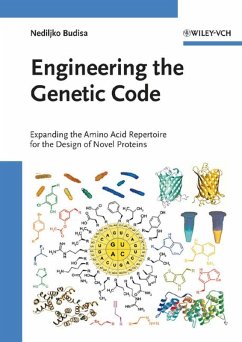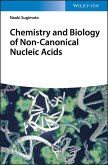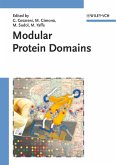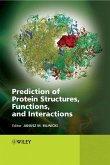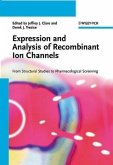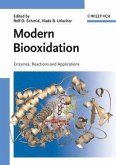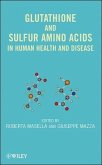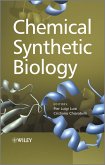The ability to introduce non-canonical amino acids in vivo has greatly expanded the repertoire of accessible proteins for basic research and biotechnological application. Here, the different methods and strategies to incorporate new or modified amino acids are explained in detail, including a lot of practical advice for first-time users of this powerful technique. Novel applications in protein biochemistry, genomics, biotechnology and biomedicine made possible by the expansion of the genetic code are discussed and numerous examples are given. Essential reading for all molecular life scientists who want to stay ahead in their research.
Dieser Download kann aus rechtlichen Gründen nur mit Rechnungsadresse in A, B, BG, CY, CZ, D, DK, EW, E, FIN, F, GR, HR, H, IRL, I, LT, L, LR, M, NL, PL, P, R, S, SLO, SK ausgeliefert werden.

